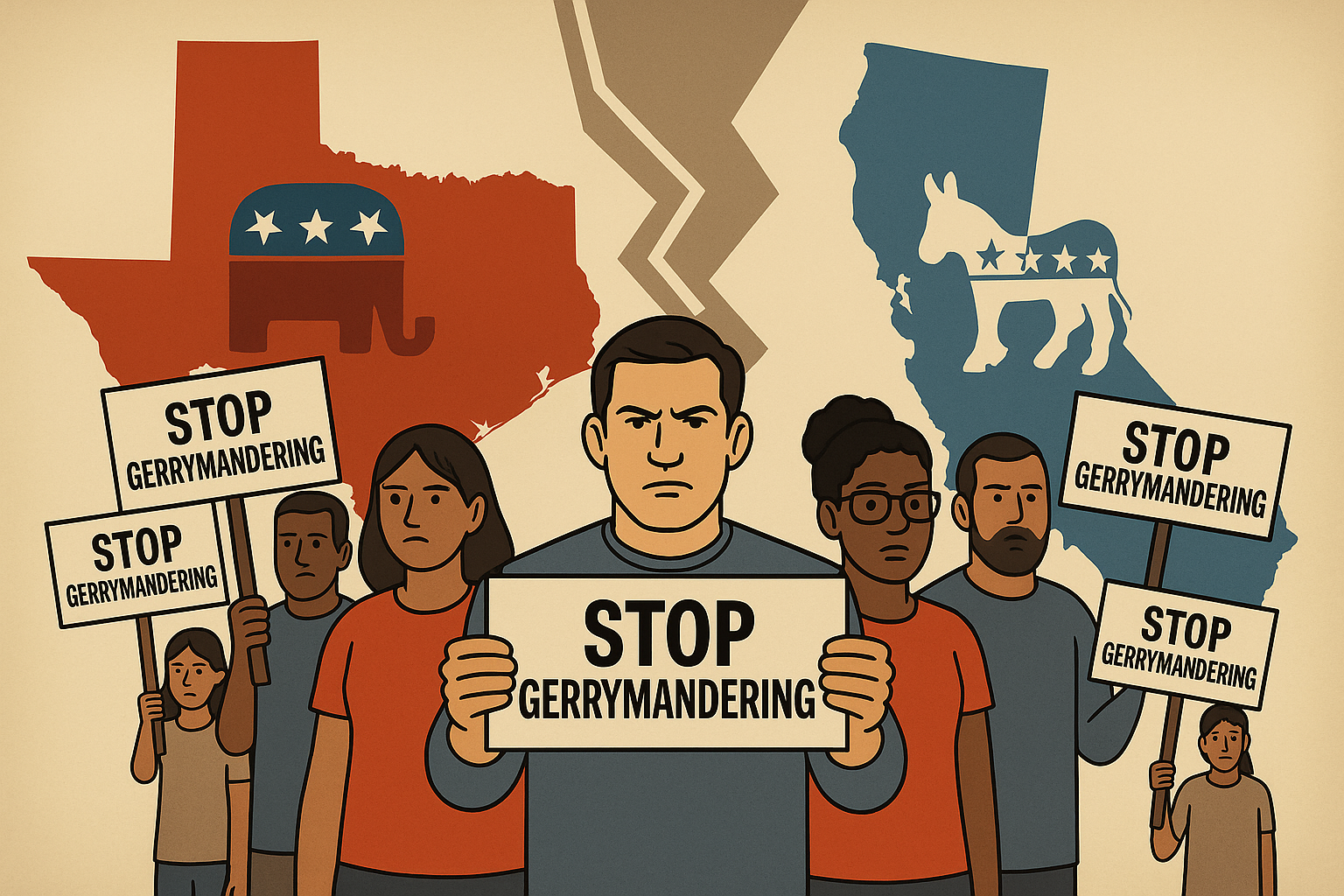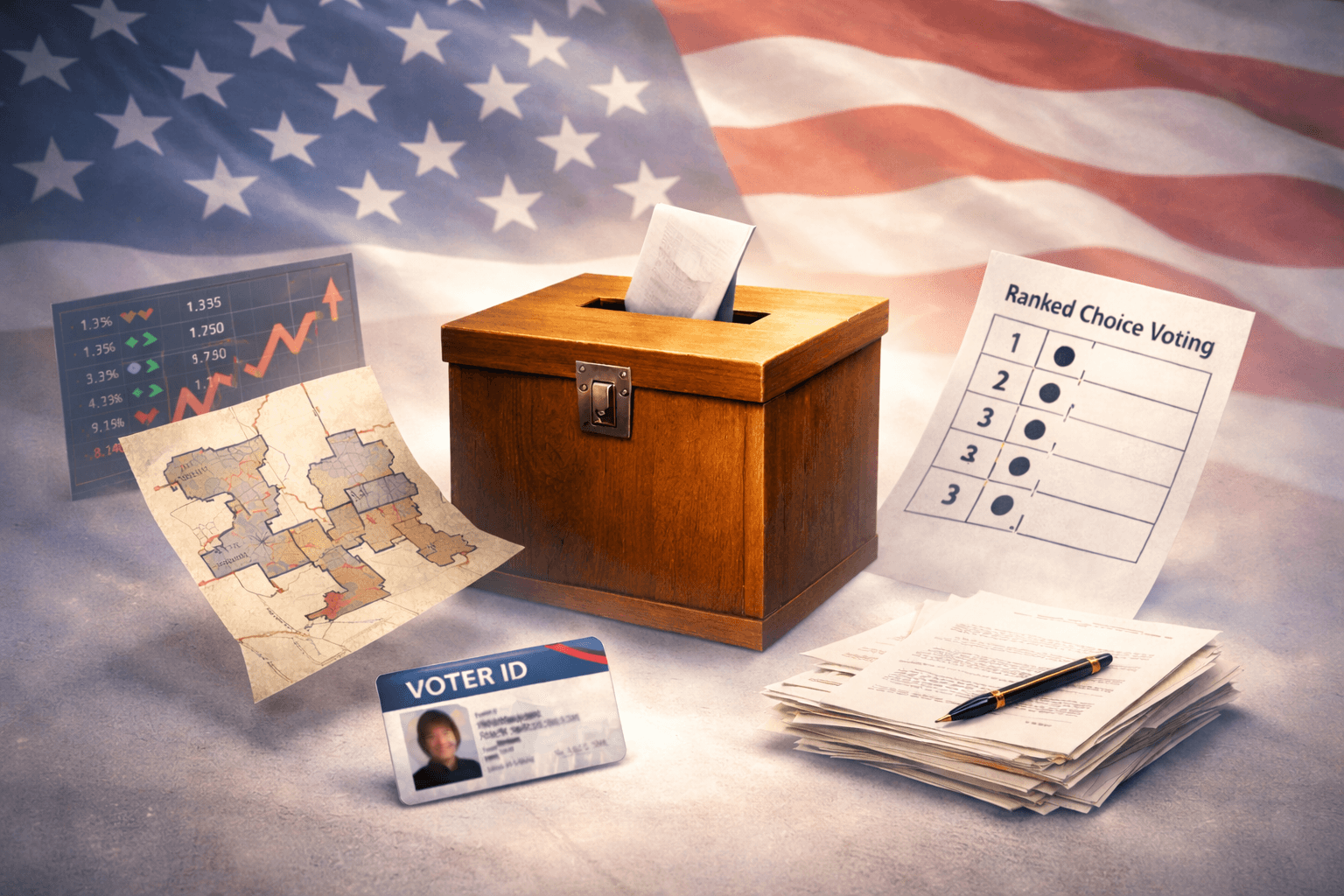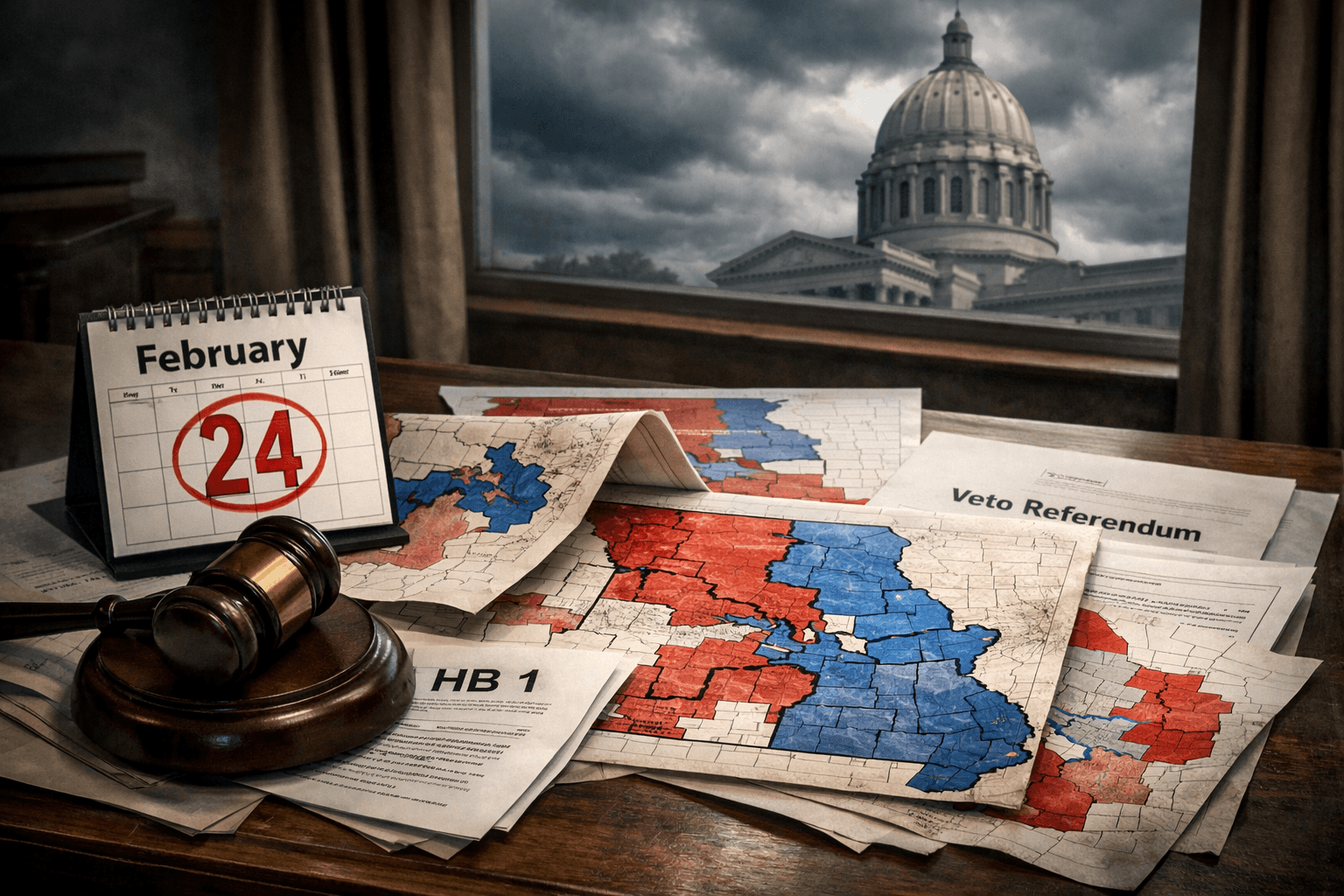Utah Judge Slaps Down Republican Attempt to Gerrymander the State

Utah may be added to the list of states that will redraw their congressional maps in 2025. But unlike Texas and California, it is to correct a gerrymander by the Republican-controlled legislature, which has tried to sidestep the state’s independent redistricting commission.
In 2018, voters adopted Proposition 4, a constitutional amendment that created a 7-member independent commission that makes recommendations for new electoral maps every decade. It is then the legislature's decision to approve or reject any changes.
But recommendations by the commission, by law, must be considered and any decision made in approving or rejecting recommendations has to be explained.

Since then, lawmakers have tried to weaken the commission – including passing a bill that effectively repealed and replaced it, but the Utah Supreme Court ruled that they cannot do that to a citizen initiative that reforms government.
This affirmed a decision in a lower court made by Third District Court Judge Dianna Gibson.
Lawmakers also tried to put an amendment on the 2024 ballot that – if approved by voters – would allow them to repeal citizen ballot initiatives. This, too, was tossed by the courts. But the legal battle continued.
When the law that repealed Prop 4 was struck down by the Utah Supreme Court, the case was sent back to Gibson, who was asked to determine if the state’s congressional map needed to be redrawn.
On August 25, she ruled that it did, finding that the current map, adopted in 2021, is unlawful because state lawmakers tried to repeal Prop 4 and ignore it in favor of their own map -- thus constituting a gerrymander.
“The nature of the violation lies in the Legislature’s refusal to respect the people’s exercise of their constitutional lawmaking power and to honor the people’s right to reform their government,” Gibson said.
Her ruling makes one thing clear: Prop 4 is the law in Utah -- and it must be respected.
Here, there is no question that Proposition 4 is overwhelmingly substantive legislation to reform and establish a statutory redistricting process."
It’s not official that Utah will redraw its maps just yet. Republican leaders in the legislature can still appeal the decision. However, this would mean appealing to the Utah State Supreme Court, which has already sided with Gibson.
To understand the controversy surrounding Utah’s congressional map, it is important to clarify that all 4 U.S. House seats in the state are held by Republicans, even though the largest population center, Salt Lake City (home to a third of the state’s electorate) leans Democrat.
The city and its population are divided into the 4 House districts, giving Republicans at least a 10-point advantage in every district, according to the Cook Partisan Voting Index, with one seat showing as high as R+16.
 Shawn Griffiths
Shawn Griffiths





